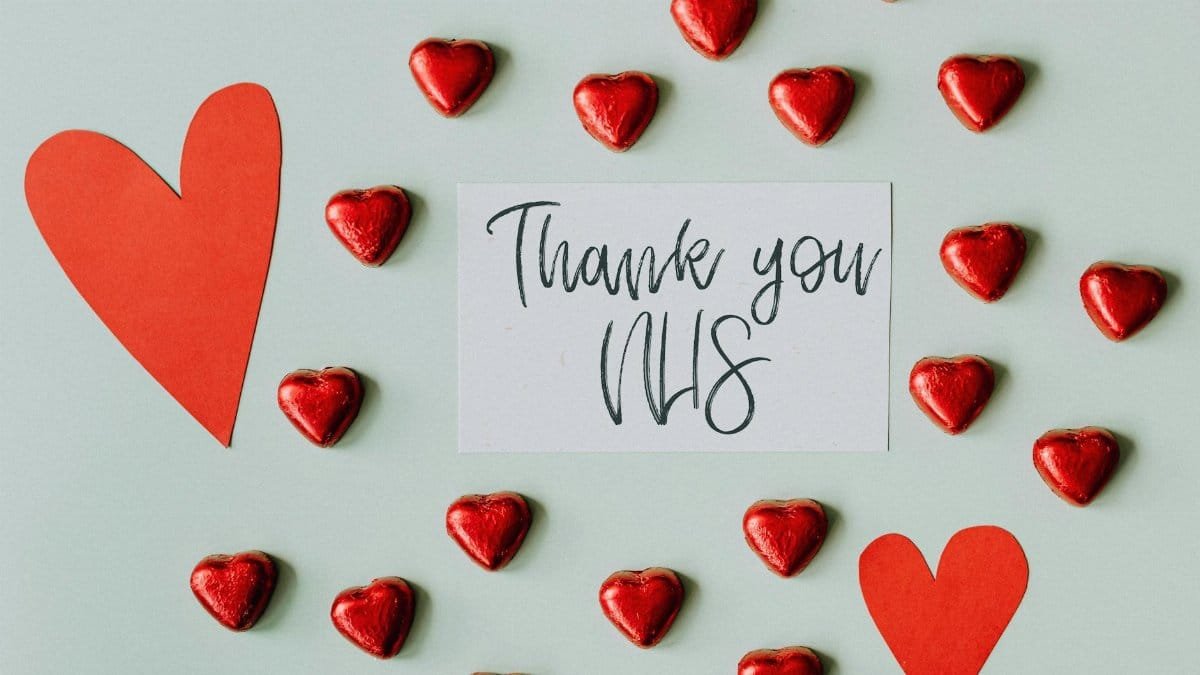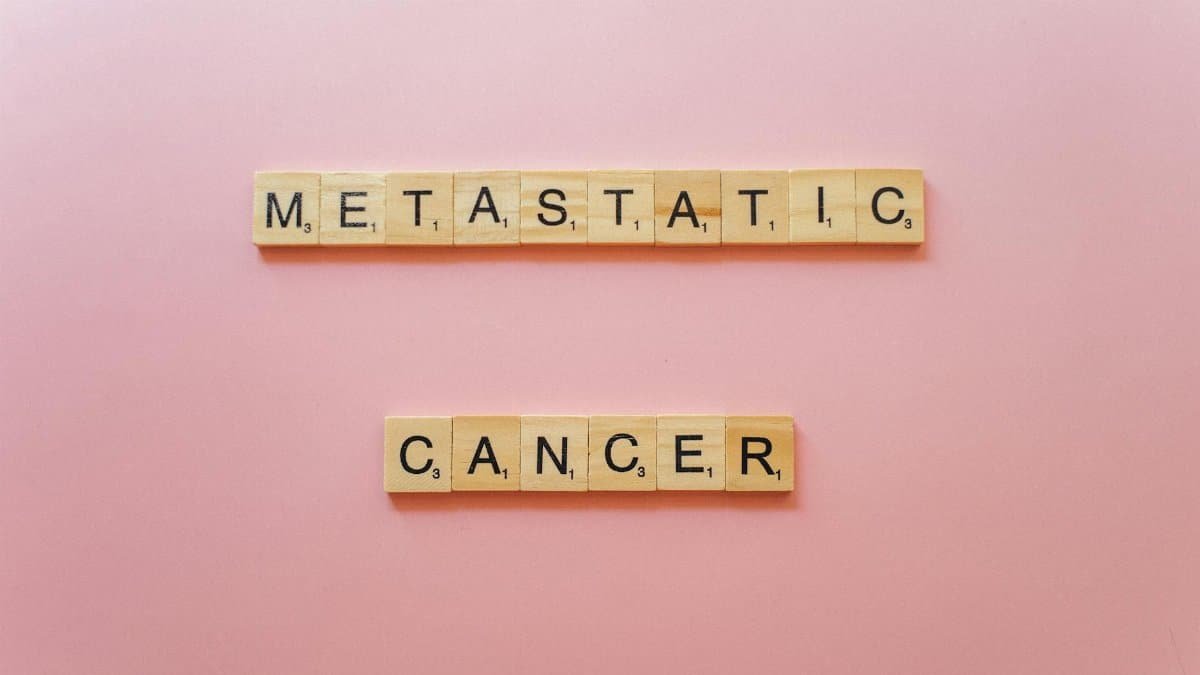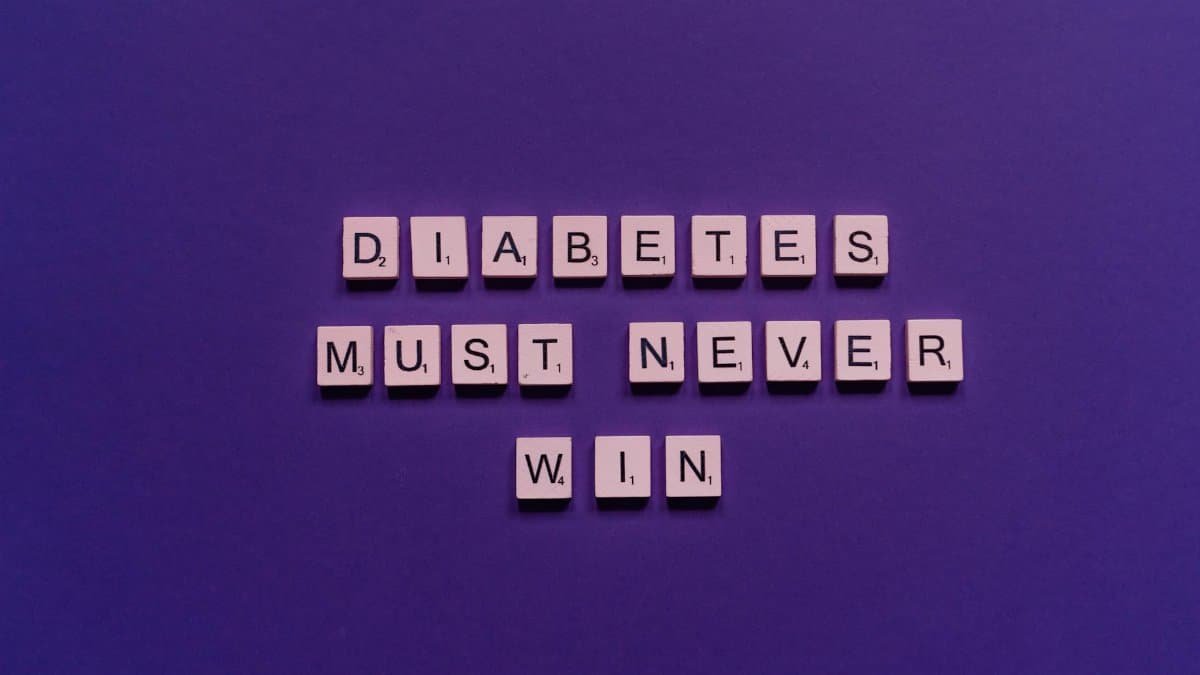Adele’s postpartum depression story is making waves again, nearly a decade after she first opened up. In June 2025, the UK’s National Health Service (NHS) Perinatal campaign reposted excerpts from the singer’s candid 2016 interviews, spotlighting her struggle to encourage new mothers to seek help. The move has struck a chord—searches for “PPD help line” surged by 18% within just 48 hours of the campaign’s release. This renewed focus underscores the ongoing battle against stigma surrounding postpartum depression and the power of personal stories in driving awareness.
NHS Revives Adele’s 2016 Interviews

The NHS Perinatal campaign, launched in June 2025, strategically brought back Adele’s raw and honest reflections on postpartum depression from 2016. In those interviews, the Grammy-winning artist spoke openly about the emotional challenges she faced after the birth of her son. The campaign included these excerpts in a widely distributed press kit, aiming to resonate with new mothers who might feel isolated in their struggles. By leveraging a high-profile figure like Adele, the NHS sought to normalize conversations around postpartum mental health.
A Call to Action for New Mothers

The core message of the NHS campaign is clear: seeking help for postpartum depression is not a sign of weakness. By highlighting Adele’s postpartum depression journey, the initiative urges new mums to reach out for support without shame. The press kit includes resources and helpline information, making it easier for women to take that first step. This push aligns with broader efforts in 2025 to improve maternal mental health services across the UK and beyond.
Search Surge Signals Impact

The campaign’s reach was immediate and measurable. Within 48 hours of the press kit’s release, online searches for “PPD help line” spiked by 18%. This sharp increase suggests that Adele’s story, paired with the NHS’s actionable resources, prompted many to seek assistance or information. It’s a testament to the influence of celebrity narratives in breaking down barriers and driving public engagement with mental health issues like postpartum depression.
Why Adele’s Story Still Resonates

Nearly a decade after her initial interviews, Adele’s postpartum depression experience remains deeply relatable. Her willingness to share the darker, less glamorous side of motherhood continues to connect with women who feel societal pressure to appear “perfect” after giving birth. The NHS campaign taps into this enduring relevance, using her words to remind mothers that they are not alone in their struggles, no matter how isolating those feelings may seem.
Broader Context of PPD Awareness

Postpartum depression affects millions of women worldwide, yet stigma often prevents them from seeking help. In the U.S., the Centers for Disease Control and Prevention (CDC) estimates that 1 in 8 women experience symptoms of postpartum depression. Campaigns like the NHS’s, bolstered by stories like Adele’s, align with ongoing efforts to destigmatize the condition. For more on PPD prevalence and support, visit CDC Reproductive Health.
The Role of Public Figures in Mental Health Advocacy

Adele isn’t the only celebrity whose personal story has fueled mental health advocacy, but her impact is undeniable. Public figures sharing their experiences can shift cultural perceptions, making it easier for everyday individuals to speak up. The NHS’s decision to spotlight Adele’s postpartum depression narrative in 2025 reflects a growing recognition of how influential voices can amplify critical health messages and encourage systemic change.
Resources and Support for PPD

For those inspired by the NHS campaign, resources are more accessible than ever. In the U.S., organizations like Postpartum Support International offer helplines and local support groups for mothers grappling with PPD. The NHS press kit also directs UK-based individuals to dedicated services. For comprehensive support options, check Postpartum Support International to find guidance tailored to your needs.
Moving Forward with Awareness

The resurgence of Adele’s postpartum depression story through the NHS campaign is a reminder of the work still needed to support maternal mental health. As search trends show, personal stories can ignite action, prompting women to seek the help they deserve. With initiatives like this gaining traction in 2025, there’s hope that more mothers will feel empowered to address postpartum depression head-on, free from judgment or fear.
